Science for Kindergarten - Lesson 3
Robert Broom was a South African scientist who dug up a very important fossil.
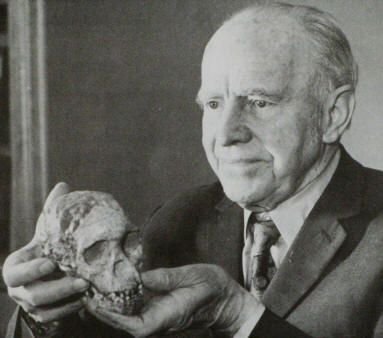
He searched and searched for different kinds of fossils but it was only when he found “Mrs. Ples” that he could show the world how people used to look like years and years ago. Other scientists are still not sure if Mrs. Ples is a woman, a man or a child.
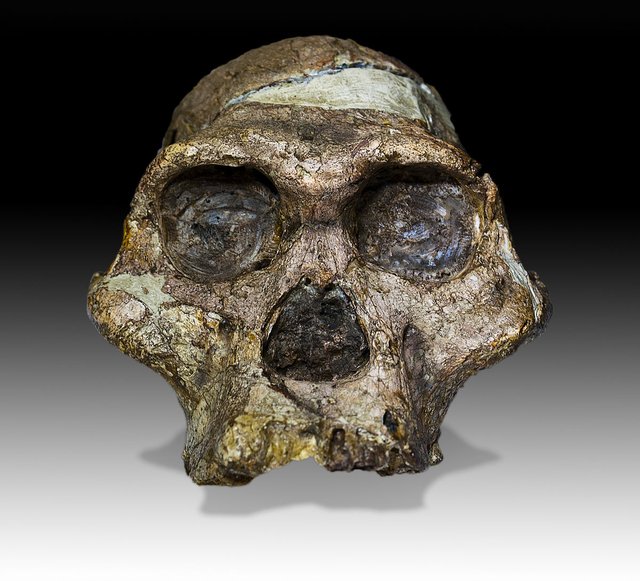
Let’s talk about soil!
- Use a magnifying glass and let the little ones explore the differences between grit soil, sand and clay soil. They will notice that the grains differs in shape, color and size. Test their uses by doing a water experiment. Grit soil will let the water drain quickly but clay soil is great for creating fishponds because it holds the water.
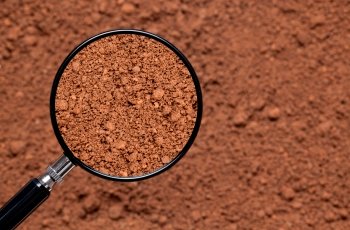
- How is sand formed? Test is by rubbing two stones together to see what happens. Let them have a go too. It can take years and years for a big rock to eventually turn into sand.

Explain the different functions of soil and then do an experiment to see how sand can help to minimize the damage that pollution does. In a bucket of water, add a few nasties like paper and plastic and even “polluted chemicals” like blue food coloring, of course! Filter it all through sand and see how clear the water can come out on the other side.
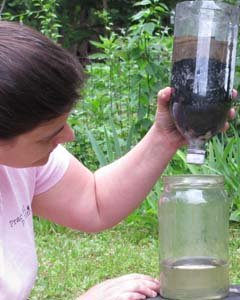
Image source Oh, how kids would love experimenting with magical sand! Take sand that has been treated with chemicals and add water to it. What happened???
And of course, a Kindergarten soil lesson isn't complete without two other activities:
Treasure hunt:
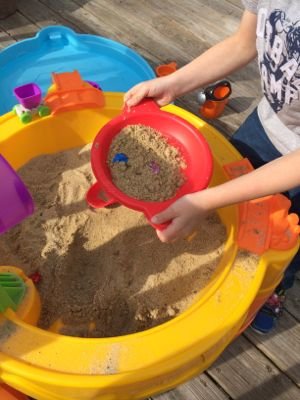
And...
Kinetic sand:

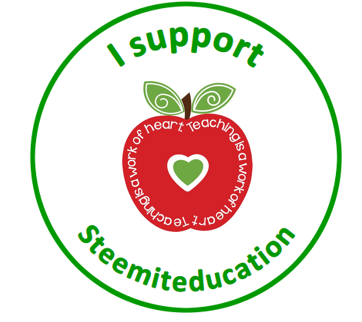


It's really interesting and your getting me amused.
I wish I were in your class for just one soil lesson asap.